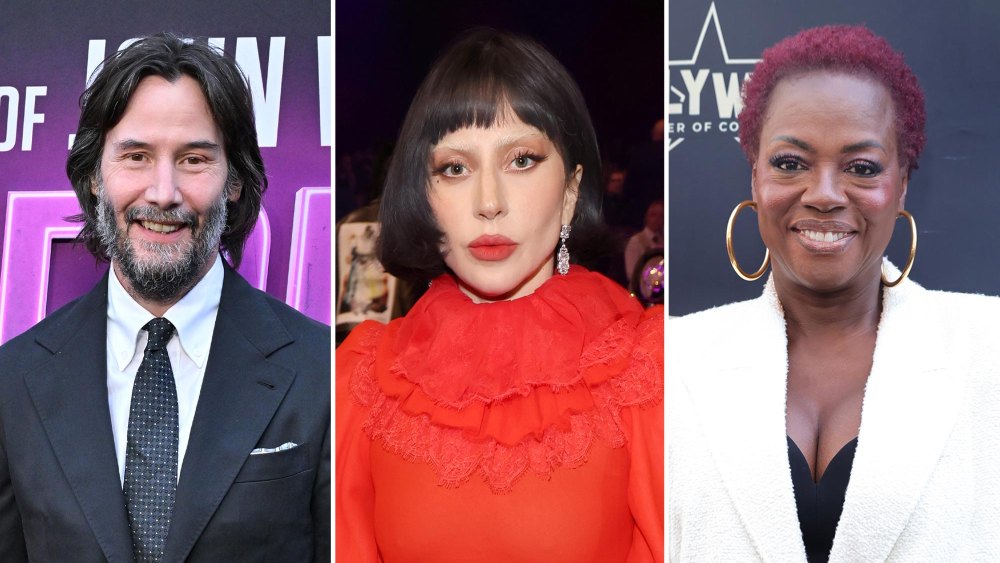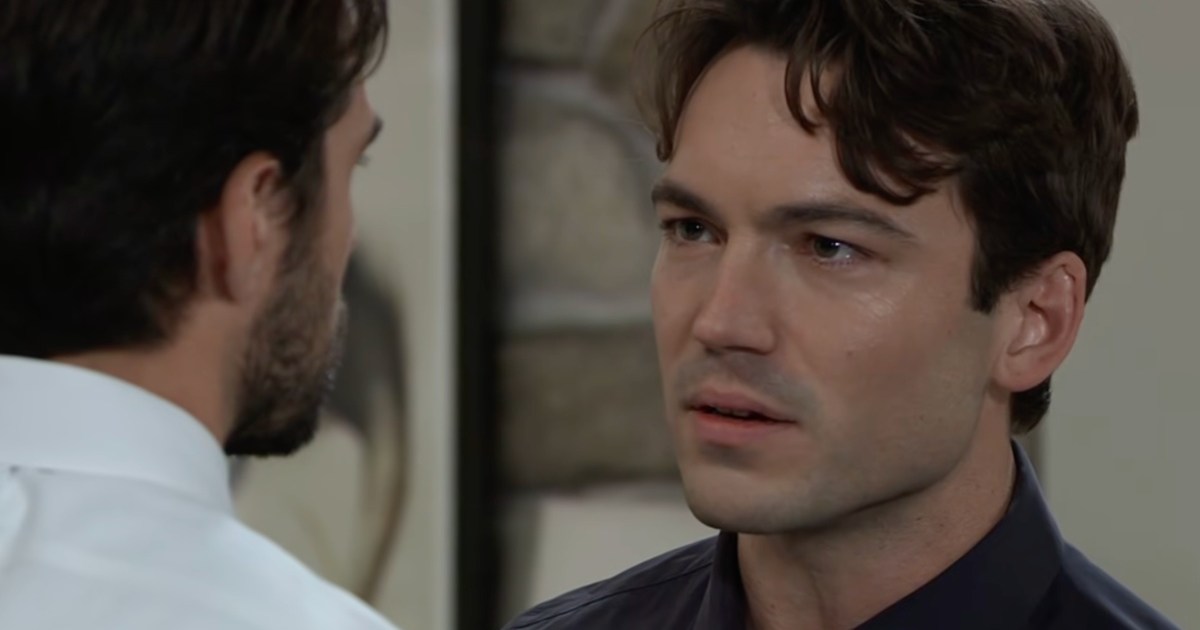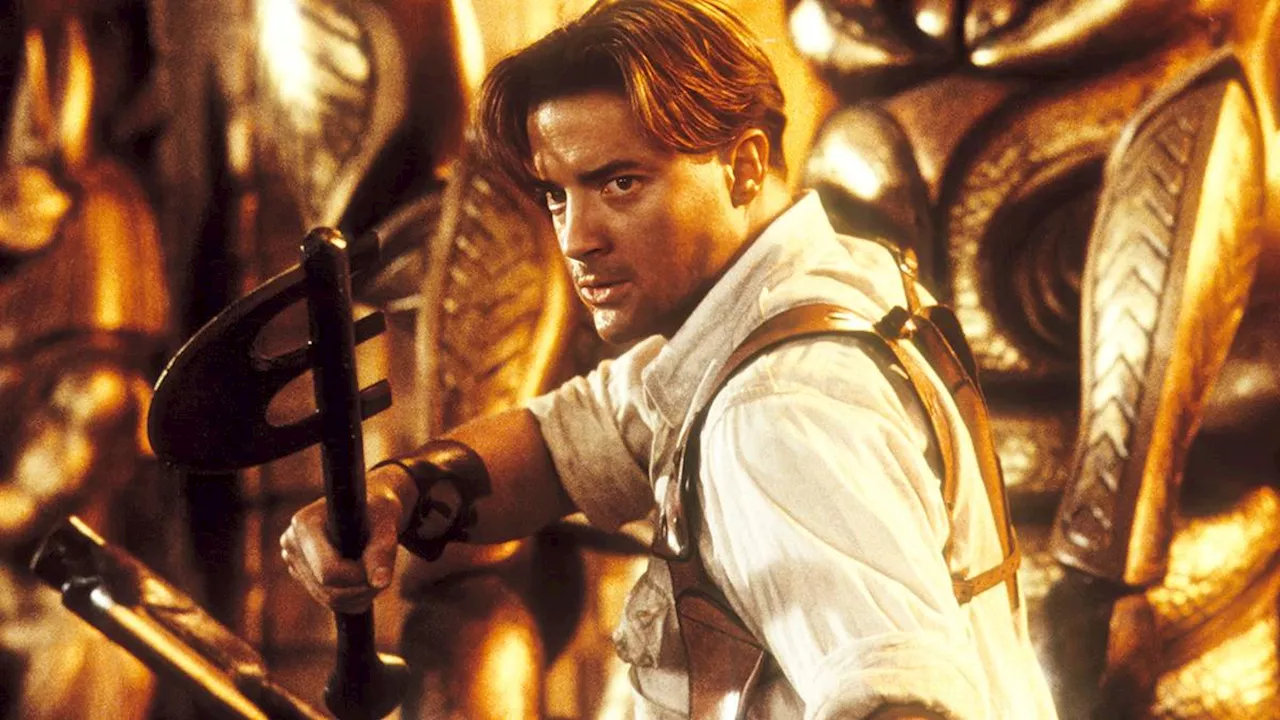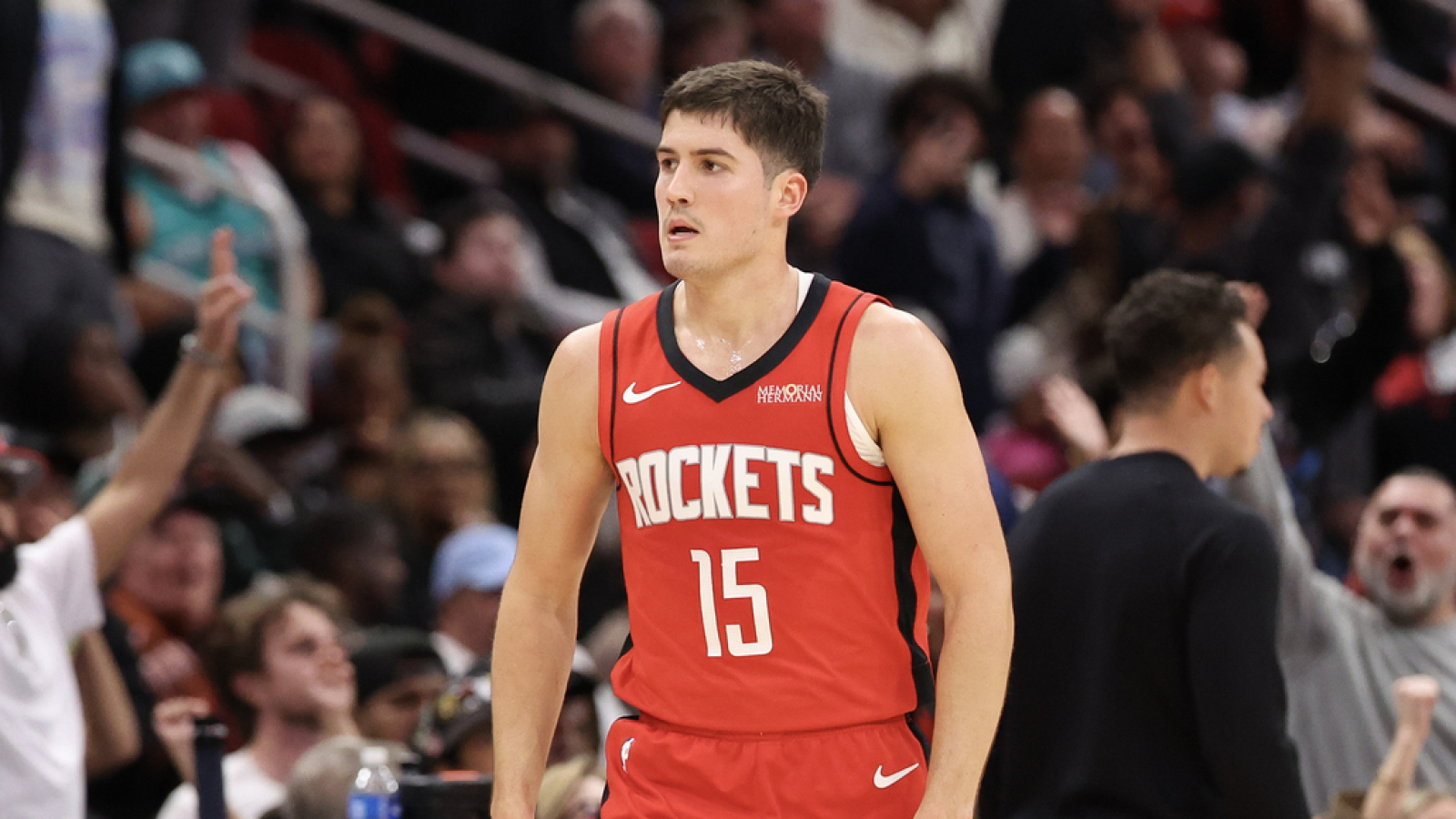
Leadership is often associated with authoritative figures in corporate environments, but recent observations suggest that some of the most effective leaders come from the entertainment industry. Stars like Pharrell Williams, Lady Gaga, and Ryan Reynolds embody a new approach to leadership that emphasizes collaboration, inclusivity, and empathy.
Pharrell Williams, known for his multifaceted career as a composer, producer, and the men’s creative director for Louis Vuitton, exemplifies how effective leadership focuses on the team rather than individual acclaim. His ability to identify and nurture hidden talent is evident in viral moments, such as the 2016 video where he first listens to then-NYU graduate student Maggie Rogers. Williams’ collaborative spirit challenges traditional views of leadership, reinforcing the idea that the most successful leaders create environments where collective creativity can thrive.
Similarly, Lady Gaga has made her mark across various domains, from music to activism. Her ventures, including the cosmetics brand Haus Labs and the Born This Way Foundation, showcase her commitment to diversity and inclusivity. By surrounding herself with individuals who offer unique perspectives, Gaga not only enhances her own work but also fosters a culture of collaboration. Studies indicate that diverse groups are more adept at solving complex problems, affirming that inclusivity offers a significant competitive edge.
In the realm of humor and partnership, Ryan Reynolds stands out. The actor, known for his roles in films like “Deadpool,” extends his leadership beyond the screen to his business endeavors, including Aviation Gin and his ownership of Wrexham AFC, a Welsh soccer team. Reynolds prioritizes building relationships and sharing credit, creating an atmosphere where team members feel valued. His approach highlights that trust is foundational for effective teamwork, countering the stereotype of the domineering leader.
Another noteworthy figure is Keanu Reeves. Celebrated for his roles in “The Matrix” and “John Wick,” Reeves has garnered respect not only for his acting but also for his generosity and quiet leadership style. Stories of him funding crew salaries and treating everyone with dignity illustrate that true loyalty is earned through kindness rather than forcefulness. His commitment to creating psychological safety within teams enables individuals to take risks and express their ideas freely, significantly enhancing team performance.
Viola Davis, an acclaimed actress with an EGOT (Emmy, Grammy, Oscar, and Tony) status, embodies the power of vulnerability in leadership. Her raw honesty resonates with audiences and colleagues alike, as she actively creates a space for others to be open and authentic. By doing so, Davis strengthens trust and resilience within her teams, proving that vulnerability can be a powerful asset.
Finally, Meryl Streep, often regarded as one of the greatest actors of her generation, illustrates that exceptional leadership amplifies the talents of others. Colleagues such as Anne Hathaway and Tom Hanks have noted that working alongside Streep elevates their own performances, demonstrating that leadership is less about dominance and more about fostering greatness in those around us.
What these prominent figures illustrate, supported by social science research, is that effective leadership transcends traditional notions of charisma and control. Leaders who prioritize trust, safety, and respect cultivate environments where collective genius can flourish. As the entertainment industry continues to influence various aspects of society, these Hollywood stars may offer valuable insights into the future of leadership, emphasizing that the best leaders are those who recognize and nurture the strengths of their teams.






